Workshop
Freedom of Expression and the protection of artistic rights:
Are we doing enough?
Tuesday 23 May
9:20 – 10:50 and 11:05 – 12:30, Lillehammersalen 1
Freedom of Expression as a universal human right, a main pillar of democracy, and a prerequisite for artistic creativity are under threat in our world today. Carving out a space for free expression has always been a high–cost fight for artists under autocratic rule. Today, that space is contested even in established western democracies that have traditionally provided safe havens for prosecuted artists from the global south.
The current backdrop of violent setbacks to peaceful popular uprisings, the rise of authoritarian political movements and regimes, anti-democratic attacks on elected assemblies, the concentration of power in a handful of business moguls and media systems, rising social and economic inequalities, and the war in Europe, has created fundamental uncertainty about freedoms that had been taken for granted for many decades.
The dream of reaching solutions to global challenges through economic growth has been shattered by a pandemic that questioned the ability of some of our existing systems to combine economic growth with social welfare. A retreat to local and national interests is undermining the role of our universal rights systems to guide us into finding equitable solutions to serious global challenges, like climate change, migration, health and inequality. This is creating a vacuum of despair easily filled by fake news formed by popular opinions, manipulated social media interactions, narratives of conspiracy, exclusion and protectionism, and alternative hegemonies.
Many artists and cultural producers around the world are trying to salvage a space for free expression, where the stories of what we experience are told from diverse places and perspectives, building narratives of inclusivity. A space where we can hear, feel and reflect on how our universal crises manifest themselves on individuals and communities living in contexts and under value systems, that maybe different to ours. In such a space, the more local the story is, the more global empathy it could inspire. Such flow of art from local to international, is no longer exclusively dominated by global north art centers. New global south hubs are emerging and gradually claiming ownership over who tells the story, to which audiences and under what conditions.
This session will present you with fresh and exciting models of international artistic exchange and networks of solidarity from some of these new hubs in Africa and the Middle East, as well as established, forward-looking ones in Norway and Europe. The session will also give the floor to the artists themselves, to tell their own story of journeys they made from local to international projects, and from contexts of risk to safer havens. The session aspires to do a reality check on how truly possible it is to carve a space for artistic freedoms in our world of today. How can this space inspire imagination for alternative inclusive solutions to our universal crises? What does it take from different players, both in established democracies and in contexts still struggling under autocratic regimes, to protect that space? Are we all doing enough?
Session introduction:
Cato Litangen, Director MIMETA
Facilitator:
Laila Hourani, Program Director, MIMETA
Mimeta and ICORN organized WEXFO 2023 Side Event
Speakers
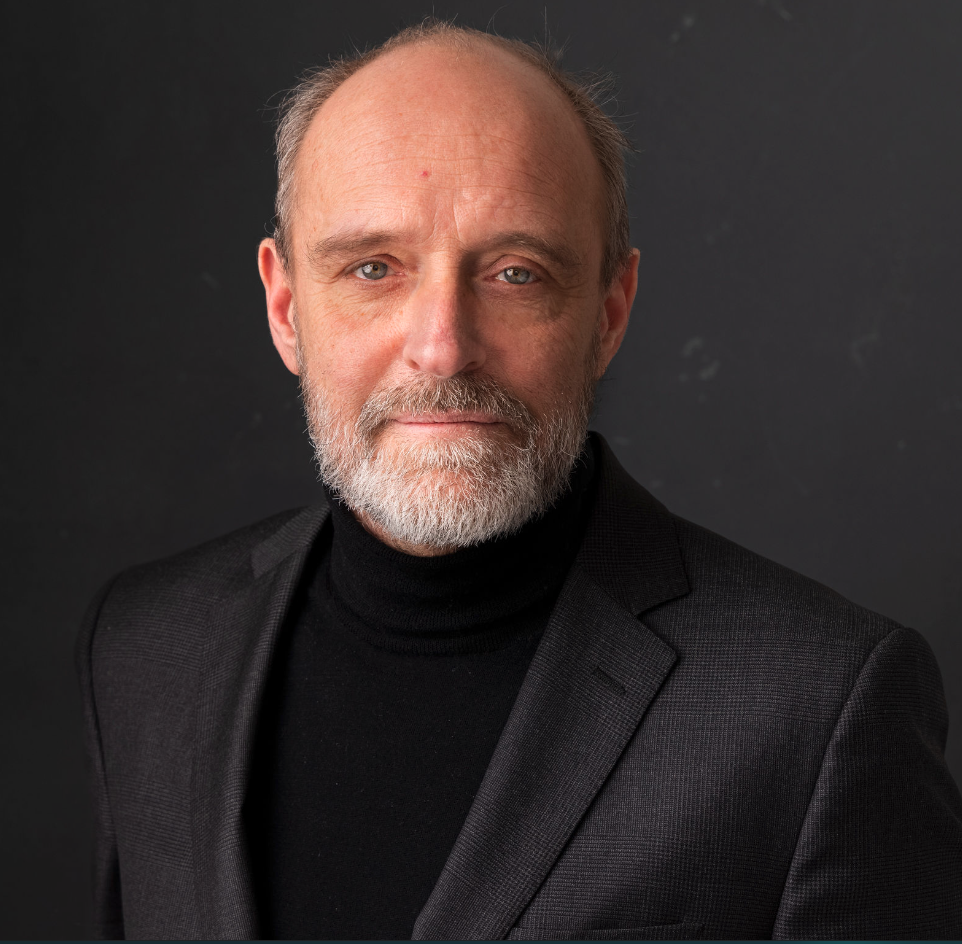
Cato Litangen
Director
MIMETA
Cato Litangen has been heading Mimeta since its establishment in 2008. He has worked with international processes since the mid-1990s
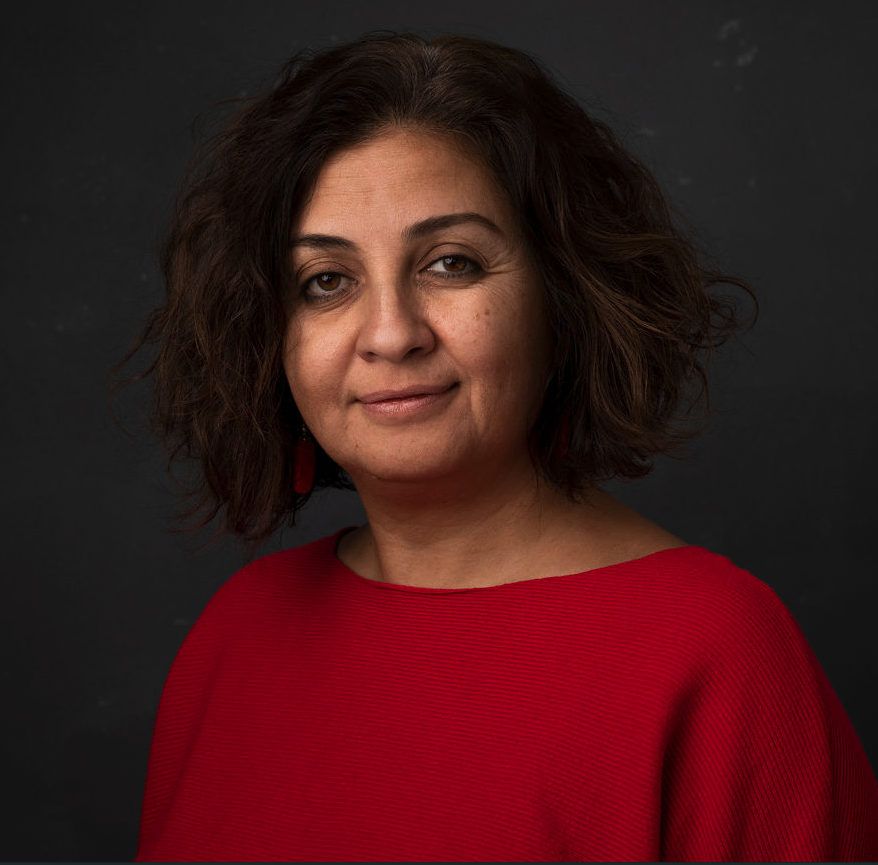
Laila Hourani
Program Director, MIMETA
Laila Hourani is a cultural leader and novelist with twenty-five years’ experience in art, culture and media development, intercultural relations and partnership building for social development.
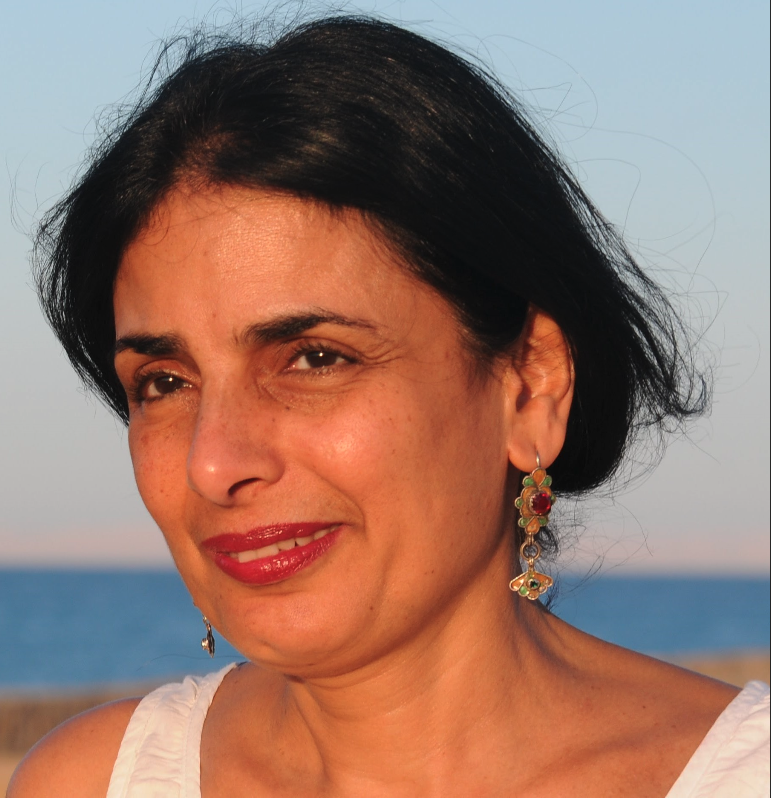
Basma El Husseini
Founding Director of Action for Hope and Landscapes of Hope international community,
Libanon / Belgium
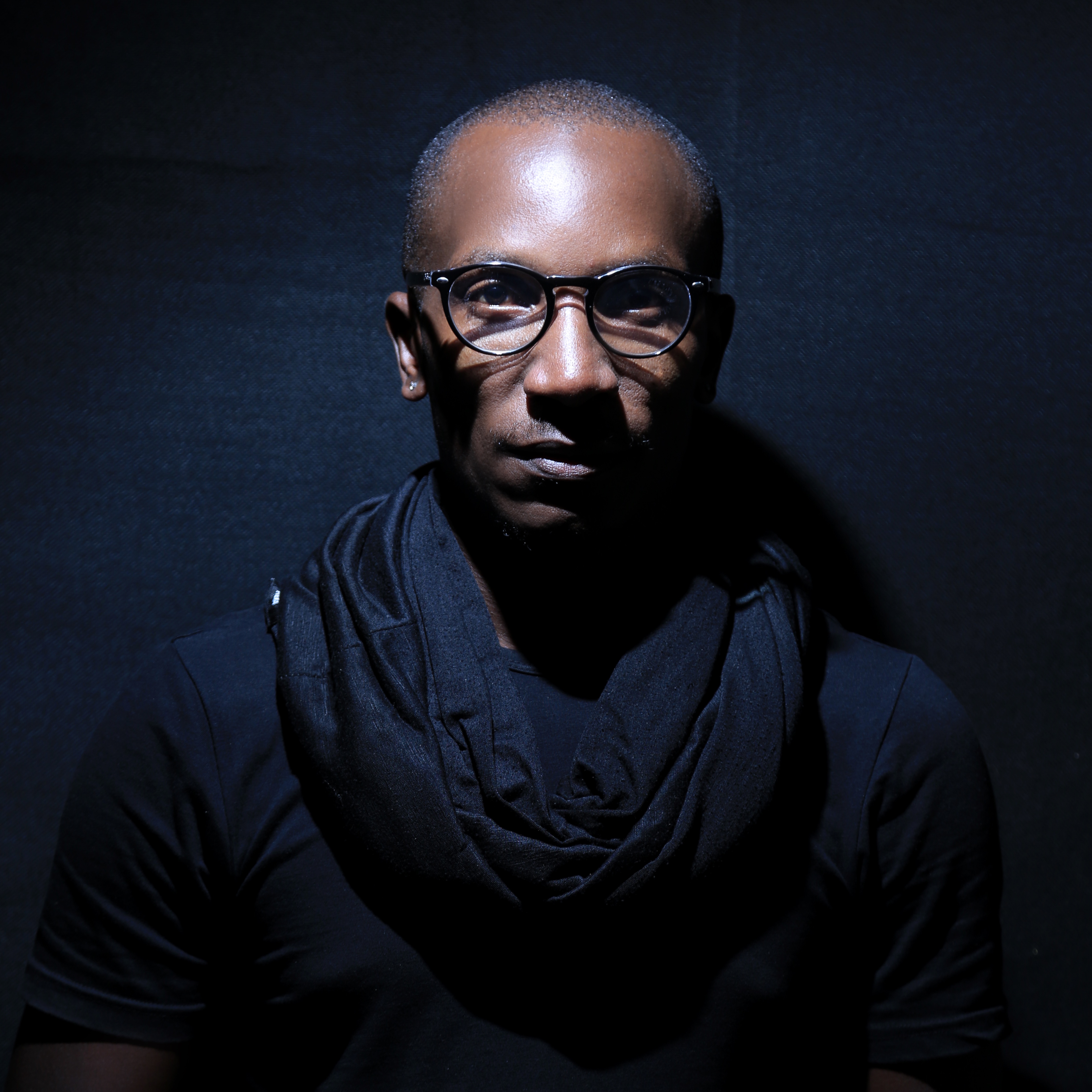
Faisal Kiwewa
Director of Bayimba, Uganda
Faisal Kiwewa is the founder and Artistic Director of the Bayimba Foundation. Together with a skillful team, he has worked hard to transform the arts scene in Uganda from a rather static state to its current level of vibrancy.
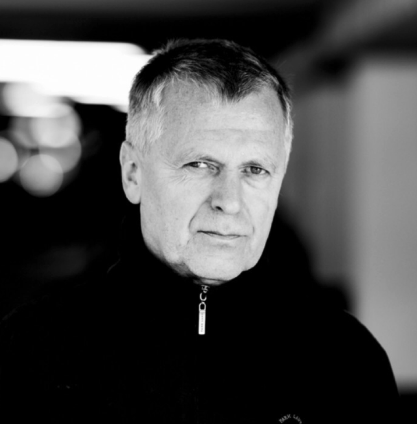
Helge Lunde
Director International Cities of Refuge Network (ICORN)
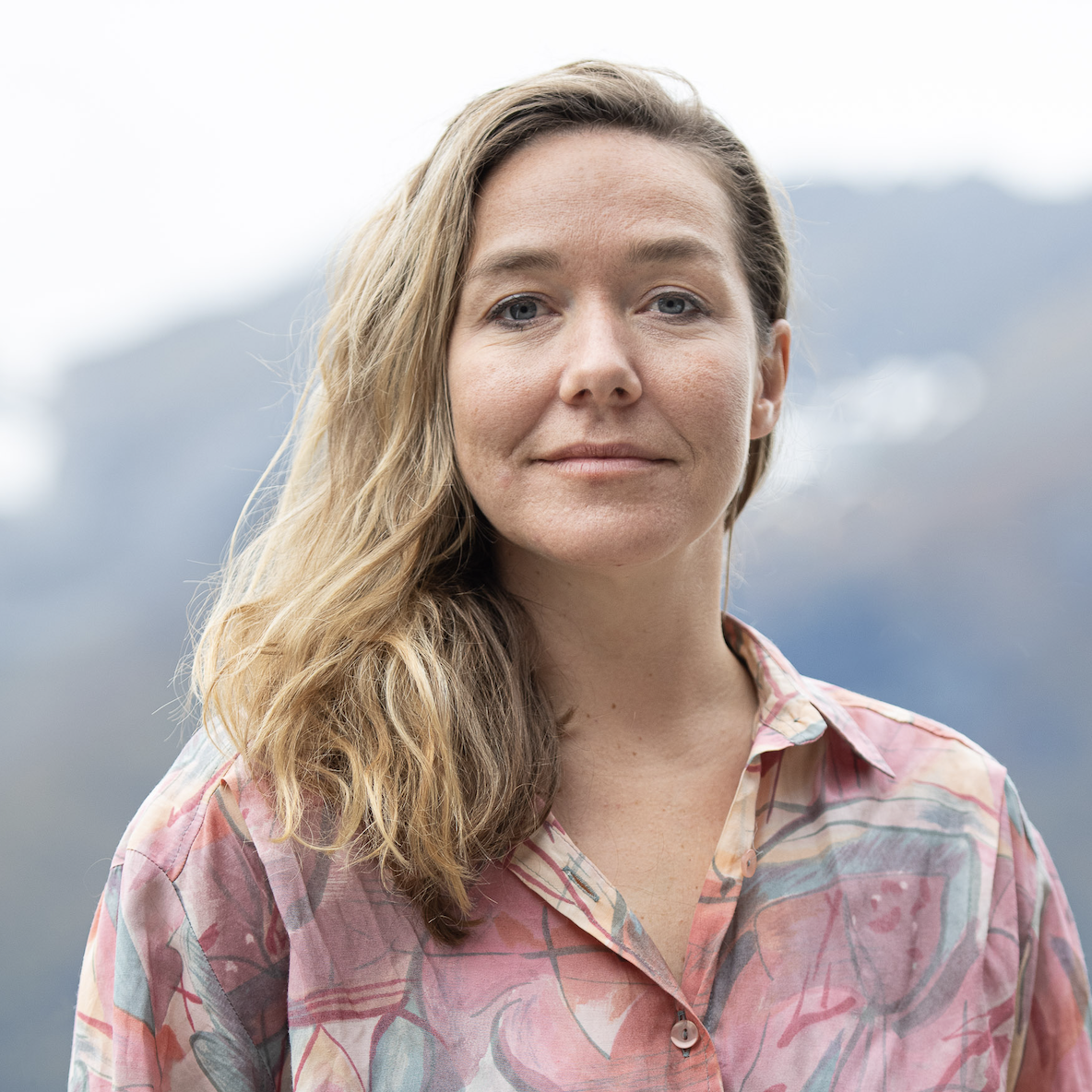
Helle Siljeholm
Visual Artist & Choreographer, Norway
She develops works for the stage, gallery, museum and the public spaces, nationally and internationally.
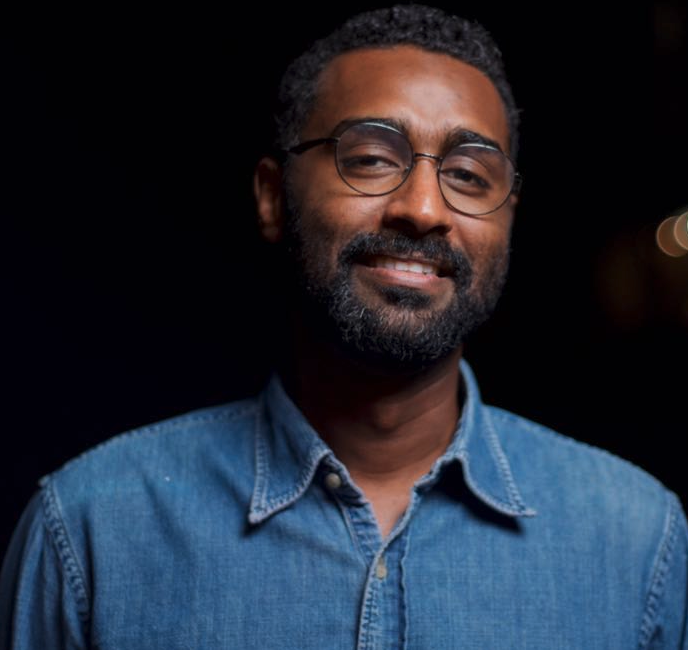
Khalid Al Baih
Artist, Political Cartoonist,
Sudan / Norway
Khalid Albaih is a multi-talented, globally renowned artist, political cartoonist, and cultural producer, who has captivated audiences with his dynamic, thought-provoking work.
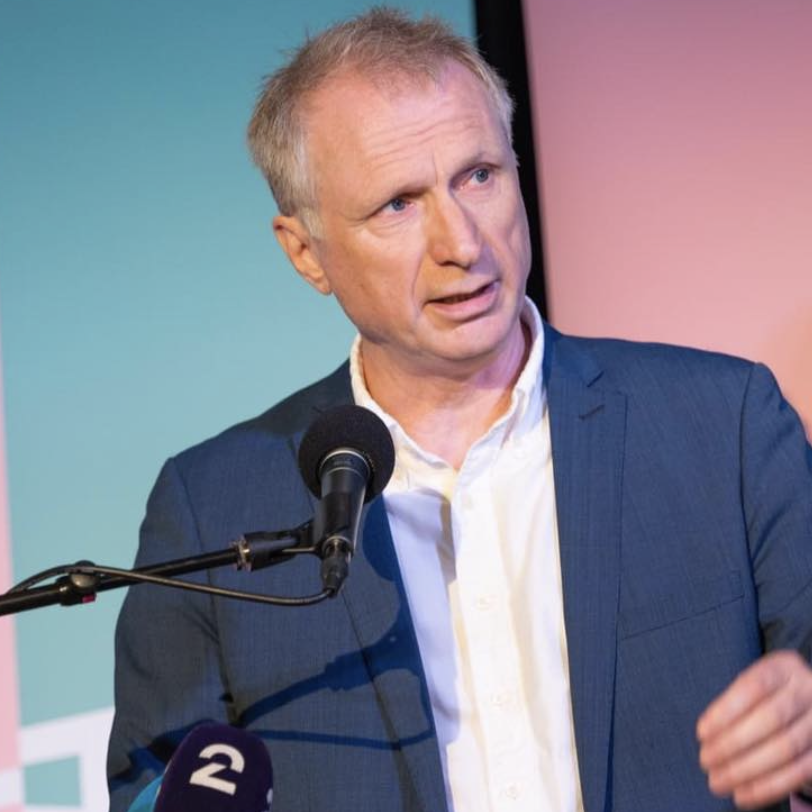
Morten Gjelten
director of NTO – Association of Norwegian Theatres and Orchestras, the trade association for music and performing arts institutions in Norway. Educated as an economist at NHH in Bergen and over 30 years of experience from theatre and organizational life, including as director of Trøndelag Teater and Det Norske Teatret.
He is currently on the board of the Oslo National Academy of the Arts (KHIO) and Musikk i Innlandet, and has also for the last 4 years been president of the European trade association PEARLE*.
Mimeta and ICORN organized WEXFO 2023 Side Event
MIMETA Mimeta has been working within culture and development internationally since 2006. Mimeta engages in the protection of cultural rights – and culture sector development by the means of financial support, knowledge building and professional advises. The organization is registered as a Norwegian limited company with charitable statutes. Out of its base in the city of Arendal, Mimeta works internationally to enhance freedom of expression, artistic rights, including the rights of artists at risk for protection. In the last decade, MIMETA has directed most of its support to intermediary organizations, those who work on behalf of the practitioners, in arts and media in the Middle East and Africa.
ICORN The International Cities of Refuge Network is an independent organisation of cities and regions offering shelter to writers and artists at risk, advancing freedom of expression, defending democratic values and promoting international solidarity. ICORN Member Cities offer long-term, but temporary, shelter to those put at risk as a direct consequence of their creative activities. ICORN’s aim is to host as many persecuted writers, artists, and journalists in ICORN cities as possible, and together with sister networks and organisations, to form a dynamic and sustainable global network for freedom of expression. Since 2006, more than 80 cities worldwide have joined ICORN, giving shelter to no less than 300 writers, artists, and journalists. Find more information and a complete list of current ICORN Cities of Refuge. ICORN is both decentralised and coordinated. The Secretariat in Stavanger, Norway, serves as the communication hub for the independently managed ICORN Member Cities.
